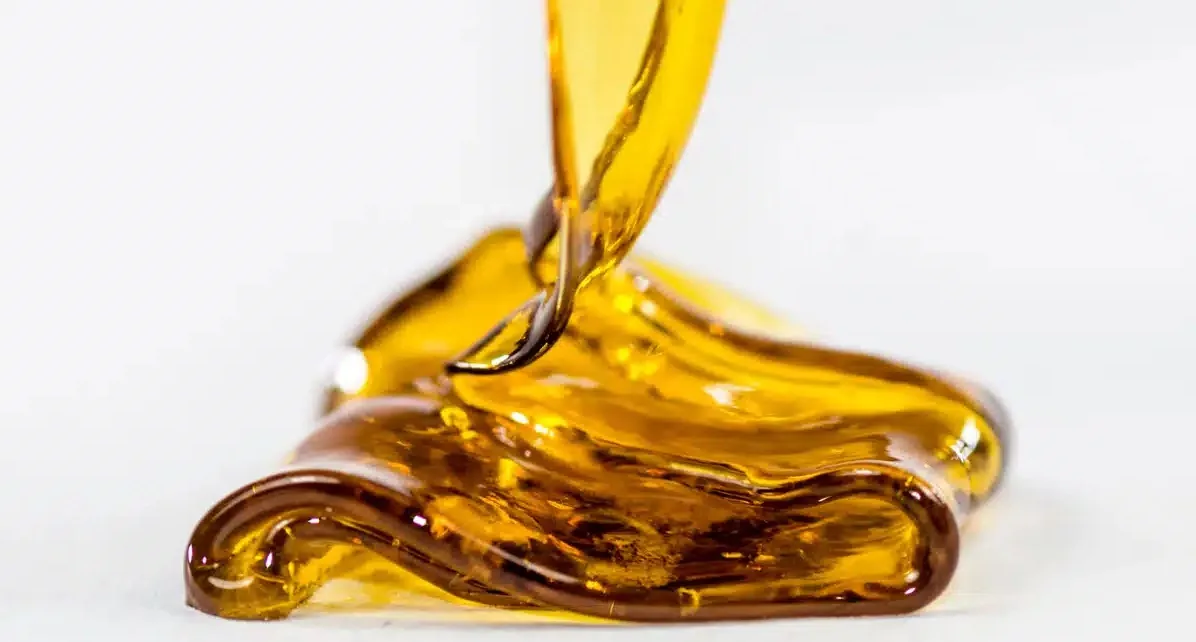Lebanese cannabis oil extract (COE) has been found to provide significant protection against kidney fibrosis caused by folic acid (FA) in an animal model, according to a new study published in PLoS One.

Cannabis oil.
Researchers at Lebanese American University conducted in vitro and in vivo experiments to assess COE’s potential therapeutic effects on renal fibrosis, a hallmark of chronic kidney disease for which no reversal treatments currently exist.
The study used a rat model where a single dose of 250 mg/kg of folic acid induced kidney fibrosis. Rats were subsequently treated with varying doses of COE (5, 10, and 20 mg/kg). Clinical parameters such as serum creatinine, urea, and electrolytes were measured, along with kidney and heart pathology assessments. Additional in vitro tests on cultured rat podocytes evaluated cell viability, migration, and protein phosphorylation levels related to cell signaling pathways.
The findings demonstrated that COE at doses of 5 and 10 mg/kg significantly reduced FA-induced increases in serum creatinine, a marker of kidney damage. Moreover, COE alleviated renal and cardiac abnormalities in a dose-dependent manner. In vitro, COE reversed folic acid-induced cytotoxicity and partially restored podocyte cell migration. It also increased phospho-(S473)-AKT and decreased phospho-(T180 + Y182)-P38, suggesting modulation of key signaling pathways involved in cell survival and inflammation.
These results highlight the protective effects of Lebanese COE against kidney fibrosis and underscore its potential as a therapeutic option for managing chronic kidney disease. Further research is needed to determine its applicability in human clinical settings.







